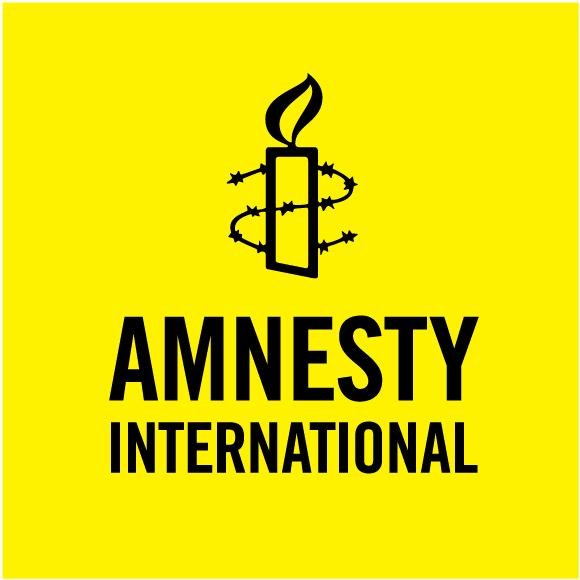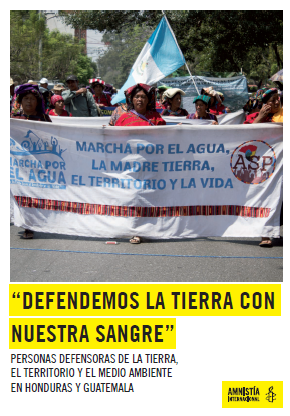Amnesty International is a global movement of more than 7 million people who take injustice personally. We are campaigning for a world where human rights are enjoyed by all.
We are funded by members and people like you. We are independent of any political ideology, economic interest or religion. No government is beyond scrutiny. No situation is beyond hope.
Few would have predicted when we started that torturers would become international outlaws. That most countries would abolish the death penalty. And seemingly untouchable dictators would be made to answer for their crimes.
What does Amnesty do?
We investigate and expose the facts, whenever and wherever abuses happen.
We lobby governments, and other powerful groups such as companies. Making sure they keep their promises and respect international law.
By telling the powerful stories of the people we work with, we mobilize millions of supporters around the world to campaign for change and to stand in defence of activists on the frontline.
We support people to claim their rights through education and training. .
We are introducing a new, global way of working – with a distributed centre and Regional Hubs of research, campaigns and communications – because we owe it to the people we work for to be the most effective force for freedom and justice that we can, globally.
As we develop this process – in line with the long-held desire of our international membership – we will post regular blogs, articles, stories and personal accounts to explain what is happening, and why it is important to those on the human rights front line.
Members:
Resources
Displaying 6 - 10 of 32MOUNTAIN OF TROUBLE - HUMAN RIGHTS ABUSES CONTINUE AT MYANMAR’S LETPADAUNG MINE (English, Burmese (မြန်မာဘာသာ)
Conclusions: "Amnesty International’s latest research shows that hundreds of people close to the giant Letpadaung mine continue to face the risk of forced eviction from their farmland, and in the case of four villages, from their homes as well. In addition, thousands of people living in the area are at risk from Myanmar Wanbao’s inadequate management of environmental risk at the Letpadaung mine, which is situated in a flood and earthquake-prone area. The ESIA for the mine contains fundamental gaps and weaknesses, which Myanmar Wanbao has still not addressed.
We are defending the land with our blood: Defenders of the land, territory and environment in Honduras and Guatemala
An insidious wave of threats, bogus charges, smear campaigns, attacks and killings of environmental and land activists in recent months has made Honduras and Guatemala the most dangerous countries on earth for those protecting natural resources, Amnesty International said in a new report six months after the brutal murder of Indigenous leader Berta Cáceres.
"Defendemos la tierra con nuestra sangre". Personas defensoras de la tierra, el territorio y el medio ambiente en Honduras y Guatemala"
Defendemos la tierra con nuestra sangre explora el aumento de la estigmatización, las amenazas, los ataques y los homicidios, así como la falta de justicia, a los que se enfrentan las personas y comunidades que luchan por proteger el medio ambiente frente a los proyectos en gran escala de minería, extracción de madera y producción de energía hidroeléctrica.
COLOMBIA: RESTORING THE LAND, SECURING THE PEACE: INDIGENOUS AND AFRO-DESCENDANT TERRITORIAL RIGHTS
Forced displacement and the misappropriation of land, often through violence and intimidation, have been a defining feature of Colombia’s internal armed conflict. These human rights violations and abuses have targeted above all Indigenous, Afro-descendant and peasant farmer communities. For these communities, whose identities and livelihoods are intimately linked with the land on which they live and work, the trauma of displacement has been particularly acute.






